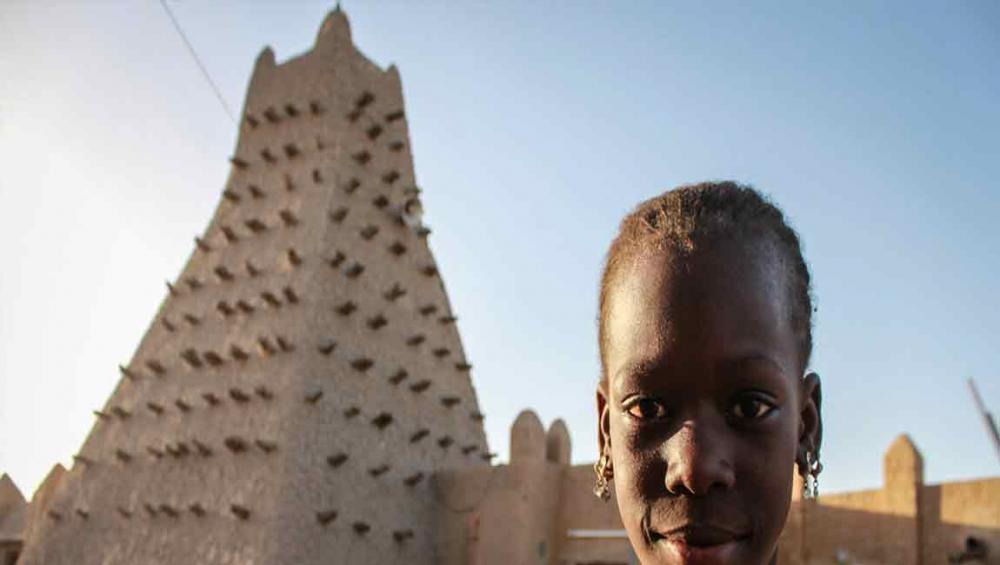Just Earth News | @JustEarthNews | 16 Feb 2018, 05:27 am Print

OCHA/Eve Sabbagh
New York, Feb 16 (JEN): Aid agencies in Mali have launched the 2018 Humanitarian Response Plan (HRP ), asking for $263 million to provide humanitarian assistance to the most vulnerable people, a senior United Nations aid official in the country said
“Today, with this joint plan, the humanitarian actors renew their commitment alongside the Malian people,” Mbaranga Gasarabwe, Humanitarian Coordinator for Mali, said Wednesday.
The humanitarian community is focusing on food security and nutrition; protection; health services’ water; hygiene and sanitation; and education.
About 5.1 million people, or more than 27 per cent of the total population, live in areas affected by a security crisis – with food uncertainty affecting more than one-in-five people.
Between 2017 and 2018, the number of children suffering from severe acute malnutrition jumped more than 10 per cent, from 142,000 to an alarming 165,000 – weakening their immune systems and increasing their chances of death by nine-fold should they fall ill.
Four million of these in the northern regions will not be self-sufficient enough to meet their basic needs – in Mopti and Macina and Niono cercles in Segou.
Moreover, in recent months schools have continued to close at a steady, significant rate, from 297 in 2016 to 500 at the beginning of the 2017-2018 school year.
The HRP aims to provide humanitarian assistance to the most vulnerable by strengthening access to basic social services, improving livelihoods and resilience, and strengthening emergency preparedness.
It focuses on emergency response, while encouraging the adoption of sustainable solutions in connection with development actors – taking into account the changing political and security context and the ability of actors to intervene on the ground.
"The world must stop observing the crisis only through a purely security prism,” warned Ms. Gasarabwe.”
“The current politico-security crisis comes in particular juxtapose with a chronic vulnerability inherent in natural hazards. Thus, the effects of climate change are perceptible with the rarefaction and irregularity of the rains, the early declines in the interior delta of Niger and the silting up of cultivable land. These factors promote food and nutritional insecurity and cause forced displacement of populations with the risk of community tensions and the deschooling of children," she added.
- Caught on camera: Two foreigners assaulted in Israel in an alleged racial attack
- Pakistan: Parents heartbroken after court sides with man accused of kidnapping minor Christian girl
- Pakistan: Trafficked 35 years ago, Bangladesh-born woman approaches court against FIA for offloading her from flight!
- Hindu tea worker found bound and bloodied in Bangladesh garden during general elections; investigation underway
- Brutal killing shakes Bangladesh: Hindu trader hacked to death ahead of polls





-1763561110.jpg)
